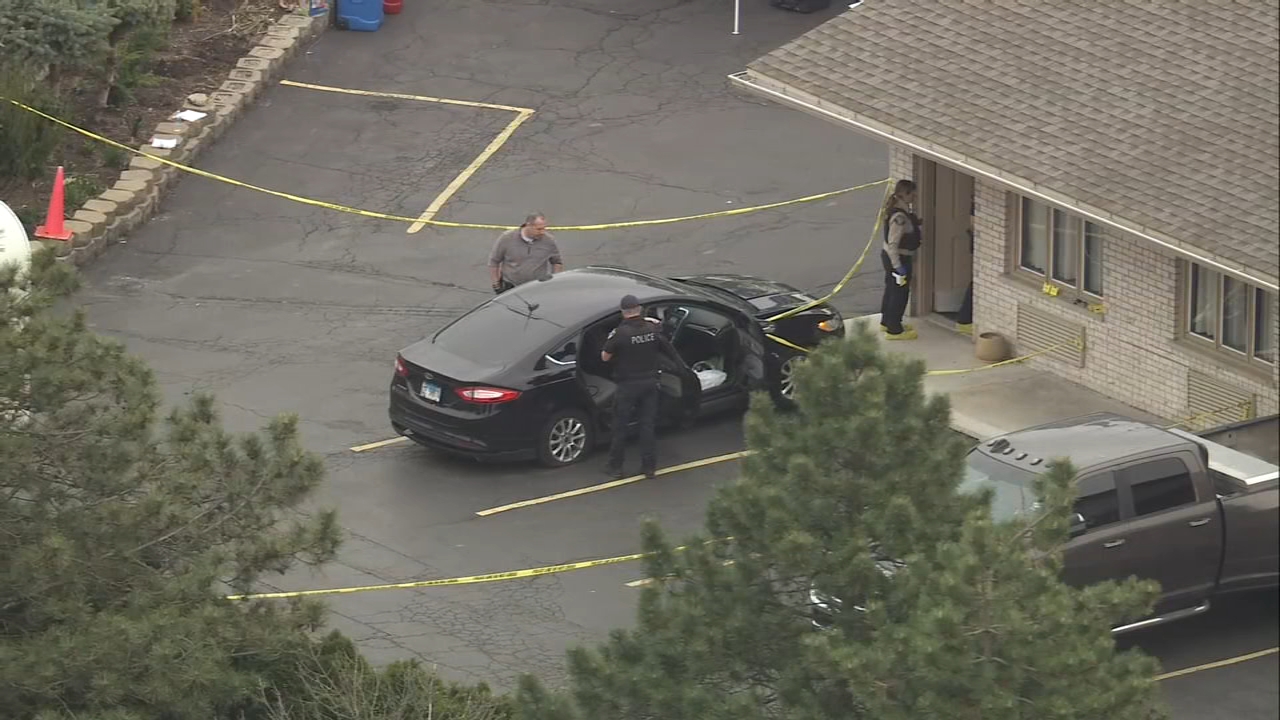Stalled bus, buckling pavement cause Lake Shore Drive traffic mess
CHICAGO (WLS) -- Buckling pavement and a stalled bus caused a traffic mess on both sides of Lake Shore Drive during the evening rush Monday. The road has buckled three times in the last three weeks, officially due to the heat but since temperatures have barely risen above 90 degrees city officials are investigating whether another cause may be to blame.
Southbound lanes at Lake Shore Drive and 31st Street was partially blocked for a time due to buckling pavement. Northbound lanes at Lake Shore Drive and 39th Street were also partially closed due to buckling pavement. All lanes on both sides of Lake Shore Drive reopened around 8 p.m.
The timing for the debacle could not have been worse.
"Wrong timing. This is rush hour traffic. This is ridiculous!" said one driver.
It took crews two and a half hours to smooth over the pocked pavement. Two weeks ago, there was another incident with pavement buckling on Lake Shore Drive near 47th Street.
"That's dangerous. Not safe. I'm toting kids around," said another driver.
Taxpayers spent $162 million to rebuild the southern stretch of Lake Shore Drive in 2002, with planners promising a long lifespan for the road. While much of the road is in good shape, the city says there have been enough problems to investigate.
"We are going to be taking a close look at the pavement int his stretch to see if there is a systemic issue that needs to be addressed. Of course we regret any delays that this has caused for commuters," the city said in a statement.
A Northwestern University shuttle bus stalled on Lake Shore Drive at Chicago Avenue around 5 p.m., blocking three northbound lanes of traffic.
The bus appears to have been turning onto the northbound lanes of Lake Shore from Chicago when it stalled. Those lanes are open again but there are extensive residual delays as traffic starts moving again.




